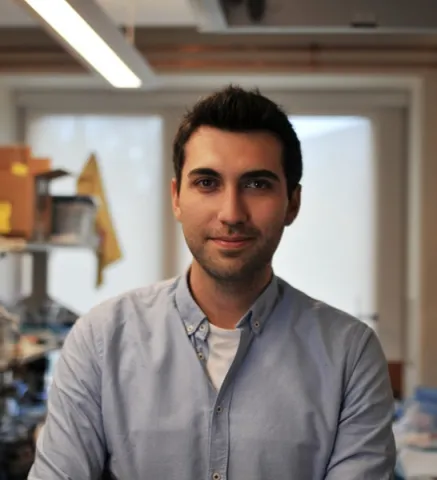About the project
Are you interested in exploring cardiovascular biomechanics and machine learning in biomedical applications? Be part of a research that merges AI-based medical image processing and multiphysics cardiovascular modelling towards a better understanding of heart diseases and developing patient-specific treatment options.
In this project, you will develop high-fidelity, high-resolution, multi-scale models of the human heart and vasculature with the latest breakthroughs in AI/machine learning. These high-fidelity models will be used to enhance personalized treatment planning and post-treatment monitoring for patients suffering from hemodynamically complicated structural heart diseases, including congenital/pediatric heart diseases.
The research will be conducted in the Bioengineering research group, in the Department of Mechanical Engineering at the University of Southampton under the supervision of Dr Caglar Ozturk. Dr Ozturk's research focuses on the experimental, computational, and clinical aspects of cardiovascular biomechanics in order to understand, investigate, and predict the multiscale behaviour of the human heart and circulatory systems.
The student will work in an interdisciplinary, global, collaborative, and supportive environment. Collaborate closely with clinicians to gather clinical data and guidance, as well as to illustrate the benefits of the developed framework in clinical settings. You will actively participate in weekly lab meetings, write scientific articles and reports, and give presentations and workshops at national and international conferences.
The student will be trained to gain skills in:
- Advanced cardiac modelling
- Soft tissue biomechanics
- Clinical image/signal processing
- Fluid-structure interaction modelling
- Machine learning algorithms
